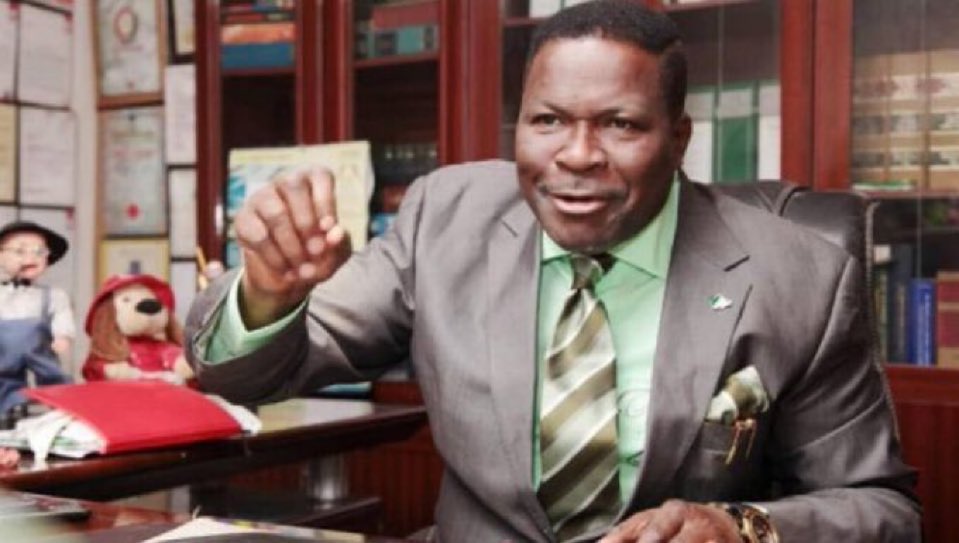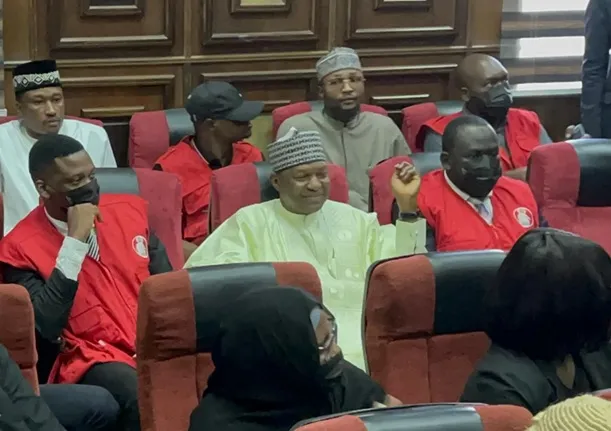The House of Representatives Committee on Public Accounts has requested the Federal Neuro-Psychiatric Hospital, Yaba, Lagos, to provide a detailed explanation for the utilization of N422.3 million in contract funds and N50.3 million spent on staff training.
As part of its oversight responsibilities, the committee, led by the chairman, Rep. Bamidele Salam, flew into Lagos to investigate institutions such as the Federal Medical Centre, Lagos, the Lagos University Teaching Hospital (LUTH), the Nigeria Maritime Administration and Safety Agency (NIMASA), and others for financial irregularities and extra-budgetary spending.
During the investigative hearing, the committee grilled the Chief Medical Director of the Federal Neuro-Psychiatric Hospital Yaba, Dr. Olugbenga Owoeye, over non-remittance of internally generated revenue, extra-budgetary spending, and violations of financial regulations.
Similarly, LUTH’s Medical Director, Prof. Lanre Adeyemo, faced questions about IGR non-remittance, discrepancies in Remita payments, and extra-budgetary spending without approval.
The committee was unconvinced by the explanations provided and demanded documentary evidence of approvals, expenditures, and compliance with financial regulations, concluding that the hospitals’ justifications failed to justify the serious breaches of existing laws.
Through its oversight mission, the committee aims to ensure government agencies provide optimal value for public funds and comply with budgetary provisions.
Salam assures that the committee’s focus is on accountability and transparency, not persecution.
In his opening remarks, he said the agencies must show value for any money they have collected.
He promised to impose legal penalties on noncompliance and warned that there would be no tolerance.
During its hearing, the committee received presentations from representatives of the Federal Neuro-Psychiatric Hospital Yaba and the Lagos University Teaching Hospital.
Dr. Owoeye was probed for various financial and regulatory infractions.
He faced questioning over unauthorized expenditures beyond budget allocations and failure to comply with financial rules, violating multiple provisions of financial regulations.
The hospital’s employment practices were criticized for neglecting the federal character principle, which mandates the equitable distribution of job opportunities across the country’s geopolitical zones.
The committee requested that the hospital provide justification for N422.3 million in contract expenditures and N50.3 million spent on staff training.
Owoeye faced intense questioning over the non-remittance of internally generated revenue, discrepancies in Remita payments totalling over N2 billion, and unauthorized extra-budgetary expenditures of N150.3 billion during the period in question.
He faced further questioning regarding the irregularities in LUTH’s tender board processes, non-compliance with the circular prohibiting payment of staff professional membership fees, and various other issues.
Owoeye pointed out that the 500-bed facility, established over a century ago in 1907, needs immediate backing to fulfil its responsibilities.
He also revealed that the hospital’s monthly electricity bills were a significant burden, exceeding N181 million, until the federal government provided relief with 300 solar panels.
The committee resolved that all of the excuses given in explaining the contraventions did not hold water and could not be tolerated.
The committee noted that these actions constituted a flagrant breach of existing laws.
Meanwhile, both hospitals expressed concerns about staff attrition due to the ‘japa syndrome’ and delayed budgetary disbursements, appealing to the committee for assistance in addressing these challenges to meet public expectations.
Additional government agencies slated to appear before the committee include the Nigerian Institute for Medical Research (NIMR), the National Orthopaedic Hospital, Igbobi, the Nigeria Maritime Administration and Safety Agency (NIMASA), the Nigerian Shippers Council (NSC), the Nigerian Ports Authority (NPA), the Nigeria Railway Corporation (NRC), the Council for the Regulation of Freight Forwarding in Nigeria (CRFFN), and several others.






















Leave a comment